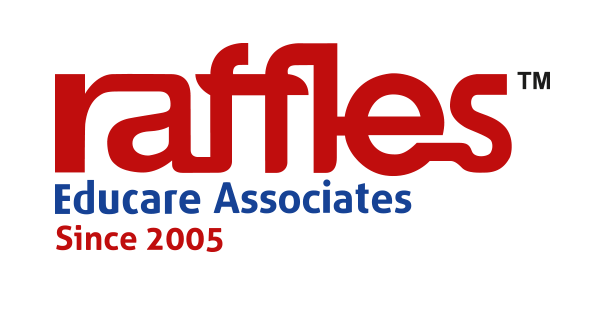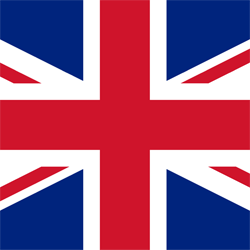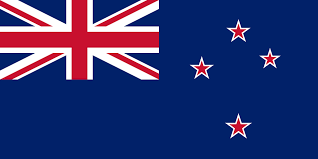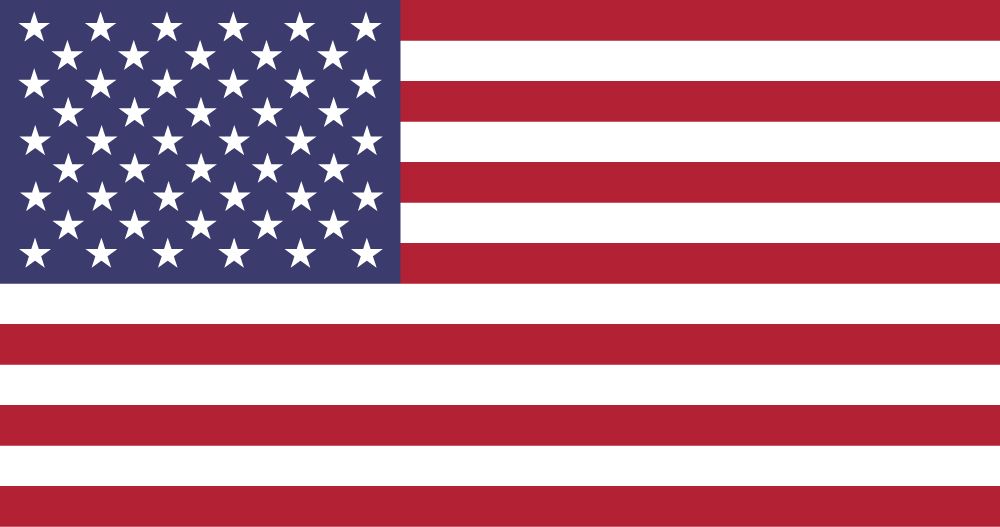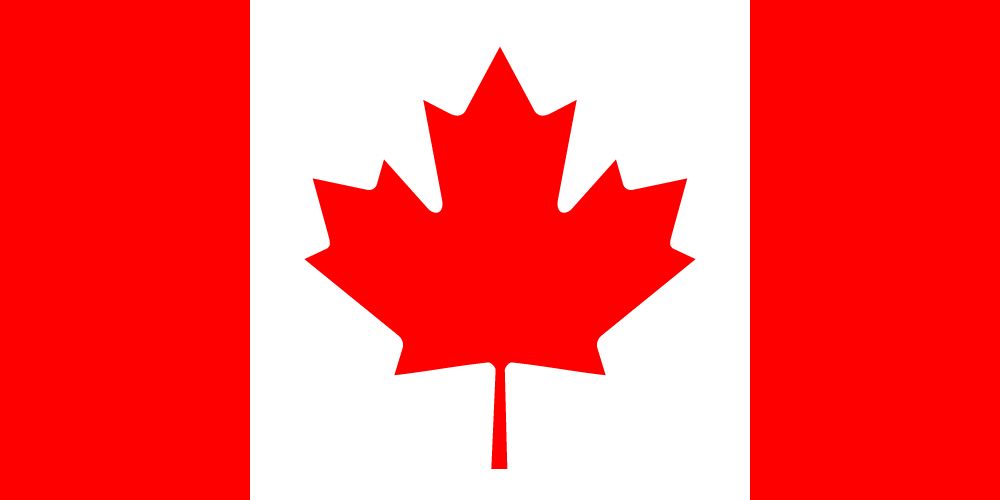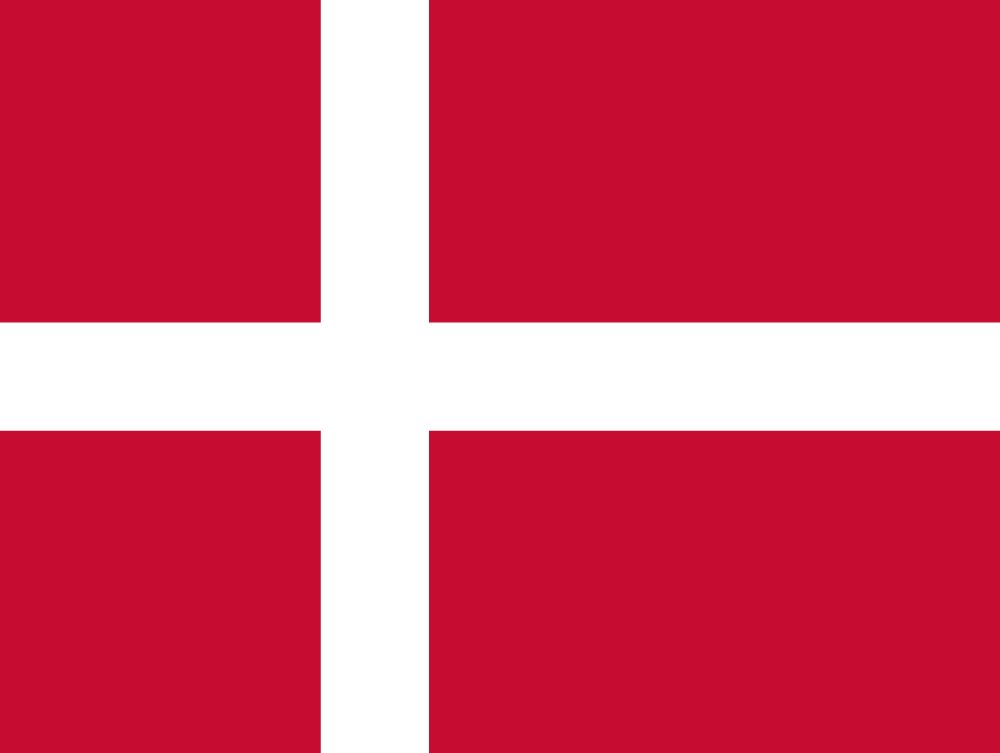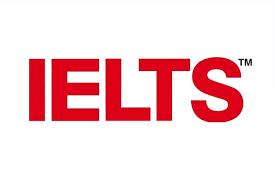Study in Canada
About Canada
Canada is home to top-ranked universities, innovative programs, and world-class research. Studying here means gaining practical skills, global exposure, and qualifications valued by employers worldwide. Whether you aim to lead, innovate, or expand your knowledge, a Canadian education opens doors to unlimited opportunities. With Raffles, your Canadian journey is more than education, it’s a transformation.

Frequently Asked Questions
Canada offers world-ranked universities, affordable tuition compared to many Western countries, and strong post-study work opportunities. Its safe, multicultural environment makes it highly appealing for international students.
Canadian degrees are recognized worldwide for their quality and practical learning focus. Co-op programs, internships, and industry partnerships prepare graduates for competitive global careers.
Toronto, Vancouver, Montreal, Ottawa, and Calgary are known for quality education, cultural diversity, student-friendly amenities, and excellent career opportunities.
About Canada
Canada is home to globally ranked institutions such as the University of Toronto, University of British Columbia, McGill University, and University of Alberta. Known for research excellence, innovative teaching, and diverse campuses, these universities offer world-class programs in medicine, engineering, business, environmental sciences, and more—preparing students for success anywhere in the world.
Popular fields include Computer Science & IT, Business & Management, Engineering, Health Sciences, Physiotherapy, Animation & Gaming, and Hospitality & Tourism. With hands-on learning, industry ties, and globally recognized degrees, Canada’s programs open doors to top careers and global opportunities.

Frequently Asked Questions
Universities like Toronto, UBC, McGill, and Alberta excel in these fields, offering industry-relevant programs, research opportunities, and high graduate employability.
Yes. Most undergraduate and postgraduate programs don’t require work experience, though MBA programs may prefer 1–3 years. Strong academics and a focused SOP can secure admission.
About Canda
Eligibility Requirements for Studying in Canada
To study in Canada, students typically need a minimum of 55–70% academic score (depending on the program level), English proficiency through IELTS, PTE, TOEFL, or Duolingo, and sufficient financial documents to cover tuition and living expenses. The process involves choosing the right program, applying to institutions, securing an offer letter, preparing documents, applying for a study permit, and getting ready for departure.
Raffles Educare makes this entire journey smooth with expert guidance from course selection to visa approval.

Frequently Asked Questions
Most Canadian programs require 55–70% in your previous qualification (10+2 for undergrad, Bachelor’s for postgrad). Diploma programs generally accept 55%+, while bachelor’s and master’s require higher scores. Raffles Educare helps you identify the right program and university based on your profile.
About Canada
Studying in Canada is rewarding, but planning your finances is key. At Raffles, we help you explore every option, scholarships, education loans, and part-time work so your dream stays affordable and achievable.
Scholarships
Many universities and organizations offer financial aid for international students, including:
- Ontario Graduate Scholarship
- Quebec Provincial Government Scholarship
- Vanier Canada Graduate Scholarship
- National Research Council of Canada (NRCC)
Strong academics, leadership, and community involvement increase your chances.
Education Loans – Nepali banks like Global IME, Nepal SBI, NMB, and NIBL provide education loans with flexible repayment. Some Canadian institutions offer installment plans for tuition.
Work Opportunities – Work up to 24 hrs/week during studies and full-time during breaks. After graduation, the PGWP lets you work in Canada for up to 3 years, with salaries often ranging from CAD 45,000–70,000/year.

Frequently Asked Questions
Tuition can range from CAD $15,000–$35,000 per year depending on the program and institution. Living expenses are typically CAD $10,000–$15,000 per year. Raffles Educare helps you choose universities that fit your budget.
About Canada
Studying in Canada involves 6 main steps: program selection, university application, offer letter review, document preparation, study permit application, and pre-departure readiness. Each step is time-sensitive, and Raffles Educare ensures everything is handled smoothly from start to finish.

Frequently Asked Questions
Ideally, start at least 8–12 months before your intake. This allows enough time for test preparation, university application, document gathering, and visa processing.
About Canada
Studying in Canada means embracing diversity, personal growth, and career opportunities. Adapt to a multicultural environment, join local festivals, and enjoy English- and French-speaking communities. Work up to 24 hrs/week while studying and explore everyday conveniences like public transport, health insurance, and student clubs.

Frequently Asked Questions
Register with your university, apply for your Social Insurance Number (SIN) to work legally, arrange health insurance if not already covered, set up a local bank account, get a Canadian SIM card, and settle into your accommodation. Doing this early helps you integrate smoothly.
